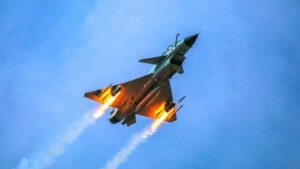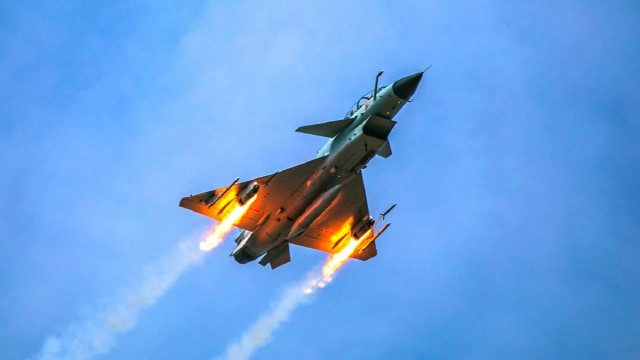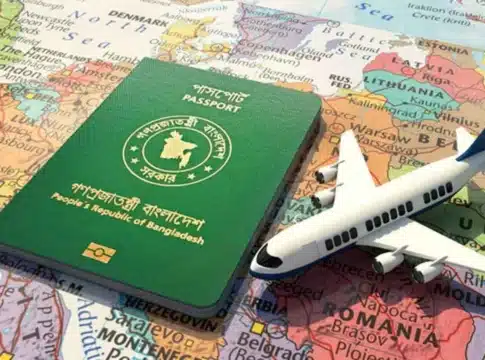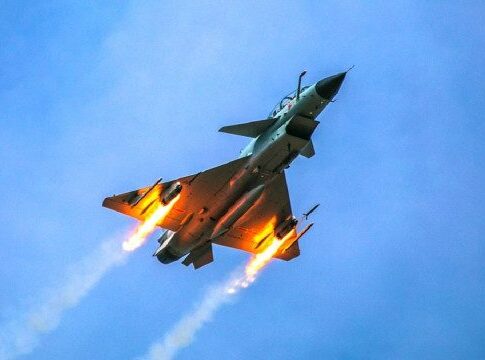Iran Denies Reports of Fighter Jet Purchase Talks with China, Labels Media Claims as Fabricated.
Finix News Desk | Published: June 28, 2025
Tehran/Beijing – Iran has strongly rejected recent international media reports suggesting that it is engaged in negotiations with China to purchase advanced fighter jets. In a statement released on Saturday, a senior Iranian official described the claims as “completely baseless” and part of a “deliberate misinformation campaign orchestrated by hostile actors.”
The speculation originated after several outlets cited a Chinese news agency, claiming that Iranian Defense Minister Brigadier General Aziz Nasirzadeh had traveled to Beijing with the intention of negotiating the purchase of state-of-the-art combat aircraft. However, according to Tehran-based news agency Mehr News, an authoritative Iranian source has categorically denied any such discussions, labeling the report a “false narrative manufactured by the Zionist regime.” (Mehr News)

Purpose of Beijing Visit Clarified:
The Iranian defense minister’s visit to China came shortly after the conclusion of a 12-day military conflict between Israel and Iran. While the timing fueled rumors of arms deals, the Iranian government insists that the sole purpose of General Nasirzadeh’s visit was to attend the Shanghai Cooperation Organization (SCO) Defense Ministers’ meeting and to conduct bilateral talks focused on regional security and strategic cooperation—not weapons procurement.
“The minister traveled to Beijing as part of our multilateral engagements under SCO. The agenda centered on strengthening regional defense partnerships and strategic dialogues,” said the source. “The claim that Iran discussed the purchase of Chinese warplanes is a complete fabrication.”
Geopolitical Context and Growing Speculation:
Amid escalating tensions in the Middle East and increasing cooperation between Iran, China, and Russia, global media have speculated that Tehran may seek to upgrade its aging air force fleet through foreign purchases. Recent appearances by Iranian officials at China’s Zhuhai Air Show, including the inspection of Chinese-made J-10C fighter jets, further fueled the narrative.
Despite these symbolic gestures, there has been no official confirmation or agreement regarding aircraft acquisitions.
Military analysts believe the ongoing misinformation may be part of a broader information war, aimed at discrediting Tehran’s diplomatic overtures and fueling regional instability. “This type of narrative manipulation is unfortunately common in today’s information environment,” said Dr. Reza Mahdavi, a Tehran-based geopolitical expert. “These claims are often amplified without verification and serve certain geopolitical agendas.”
Track Record of Iran-China Military Cooperation:
While Iran and China have historically shared defense cooperation, especially during the 1980s and 1990s, large-scale arms transactions have been rare in recent decades. The two countries did sign a 25-year strategic cooperation agreement in 2021, which included security collaboration, infrastructure investment, and energy partnerships. However, specific arms deals were never publicly confirmed.
Recent defense engagements between the two sides have focused more on training exchanges, naval exercises, and cyber-defense strategies than on hardware transfers. China’s official position has remained neutral in the Iran-Israel conflict, urging restraint while stopping short of providing direct military support (WSJ Coverage).
Iran’s Defense Modernization Strategy:
Iran’s defense doctrine increasingly prioritizes self-reliance and indigenous development. The country has invested heavily in drone technology, ballistic missile systems, and electronic warfare capabilities. Additionally, Iran recently confirmed it had finalized an agreement to procure Russian Sukhoi Su-35 fighter jets—though the delivery timeline remains undisclosed (DefenseWorld).
“Our strategy is based on domestic strength and select partnerships,” said the Iranian official. “We are not looking to buy aircraft under pressure or through media provocation.”
Call for Media Responsibility:
In its official response, Tehran urged international media to exercise due diligence before publishing unverified claims. The Iranian government expressed deep concern that some outlets had cited unnamed or unreliable sources without fact-checking, contributing to misinformation during a volatile period in global affairs.
“We urge the international community and press organizations to verify their information and not fall victim to disinformation campaigns,” the statement said.
At a time when the Middle East faces mounting volatility, and alliances are being tested, misinformation can have far-reaching consequences. Iran’s strong rebuttal of the alleged arms talks with China underscores the importance of accurate reporting and responsible journalism in preserving diplomatic integrity and regional stability.
Finix News | Reporting Truth Beyond Borders:
For media inquiries or permissions, contact: [email protected]
Follow us on Twitter/X | Facebook | LinkedIn



